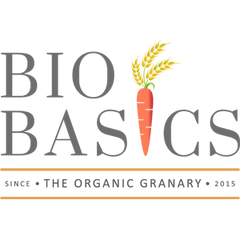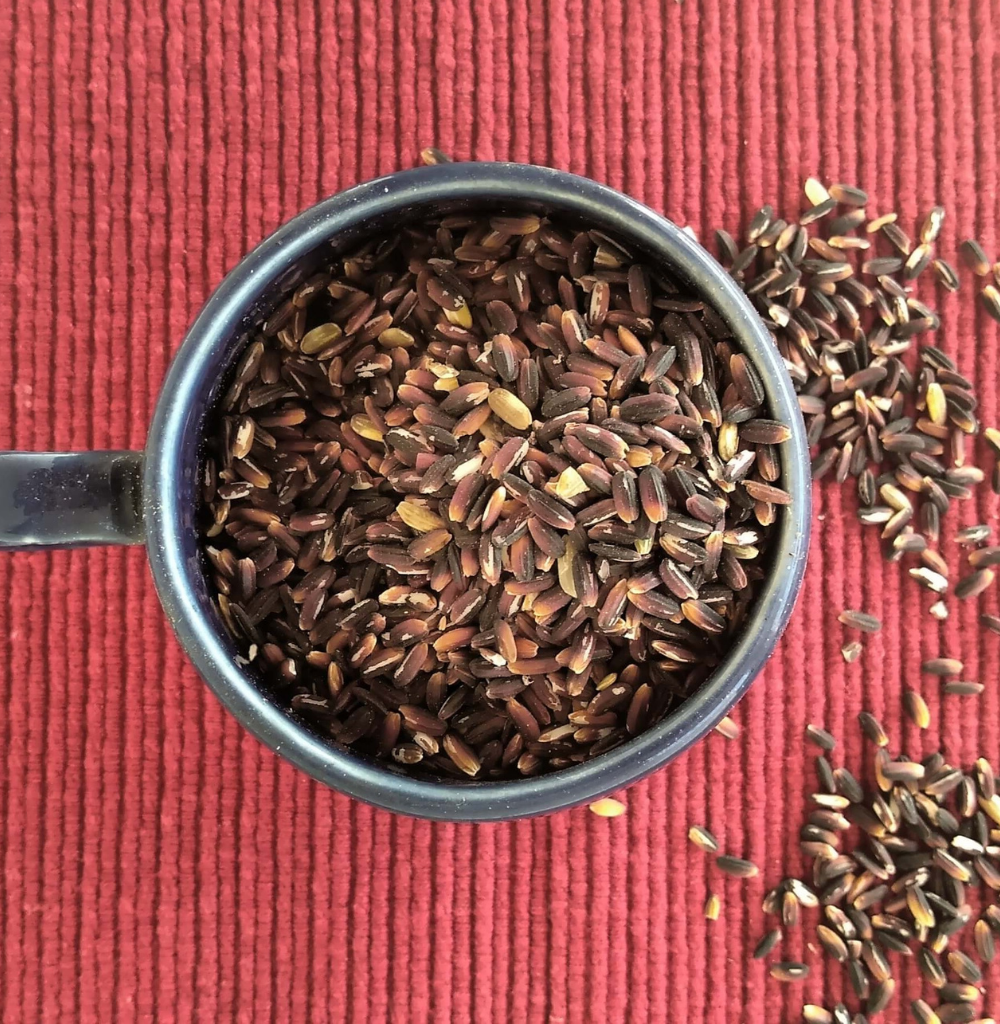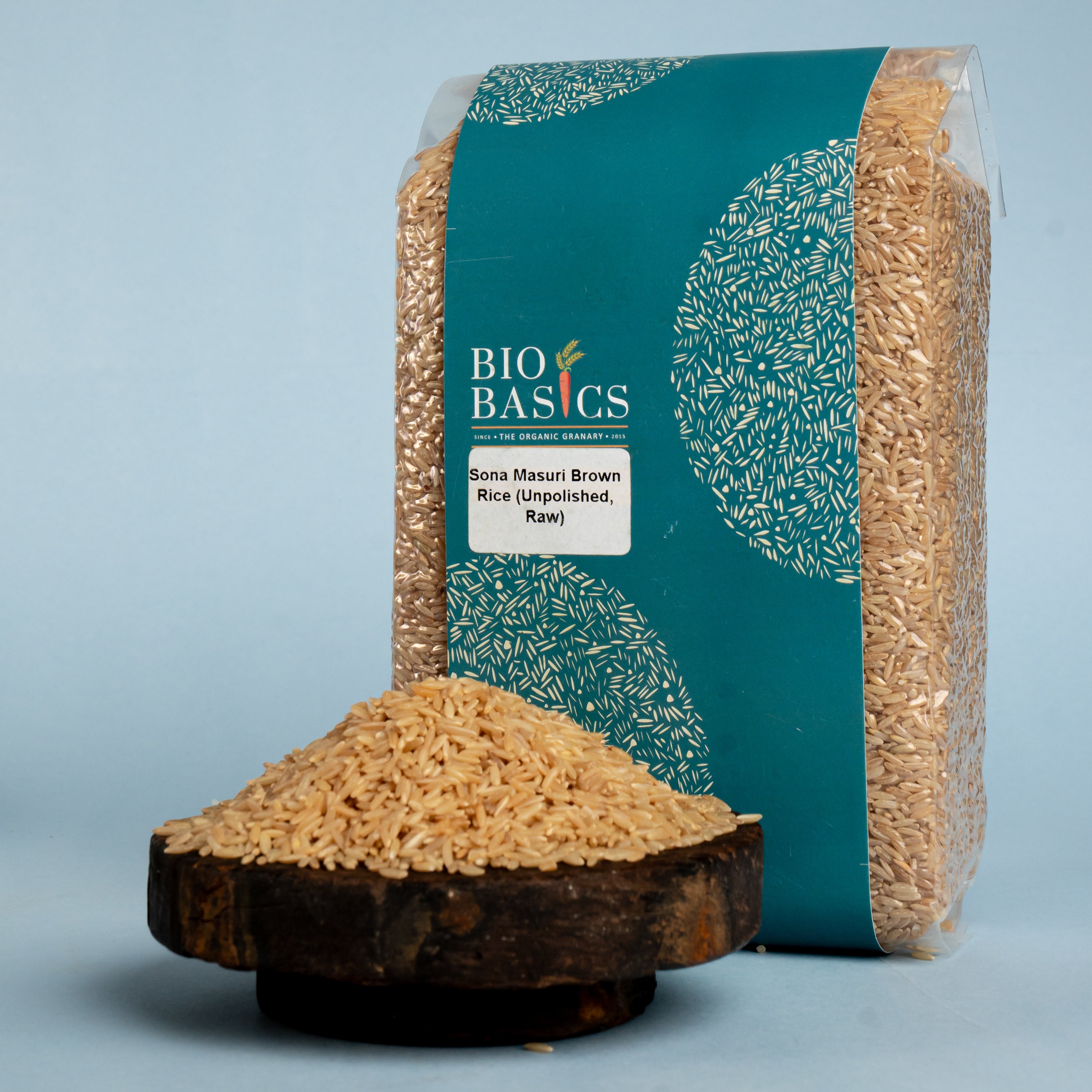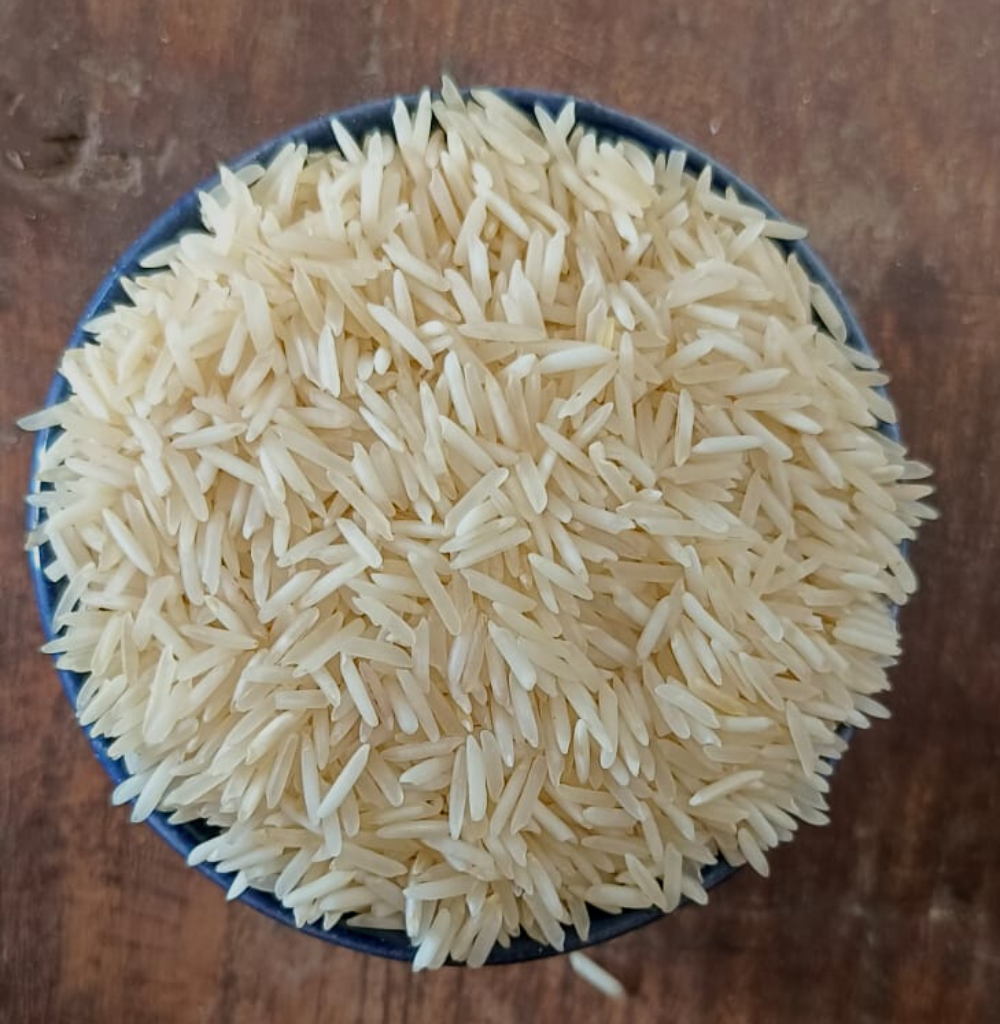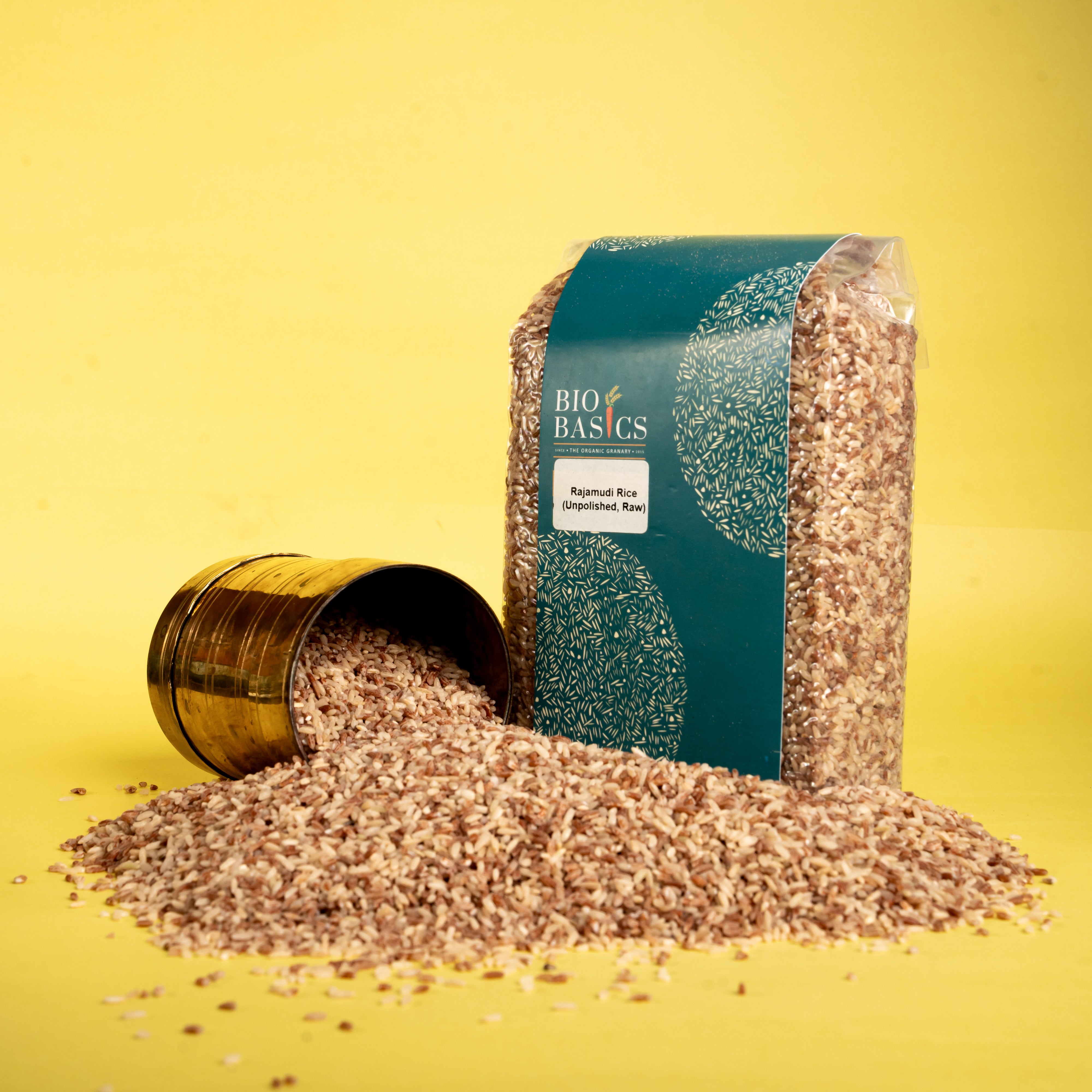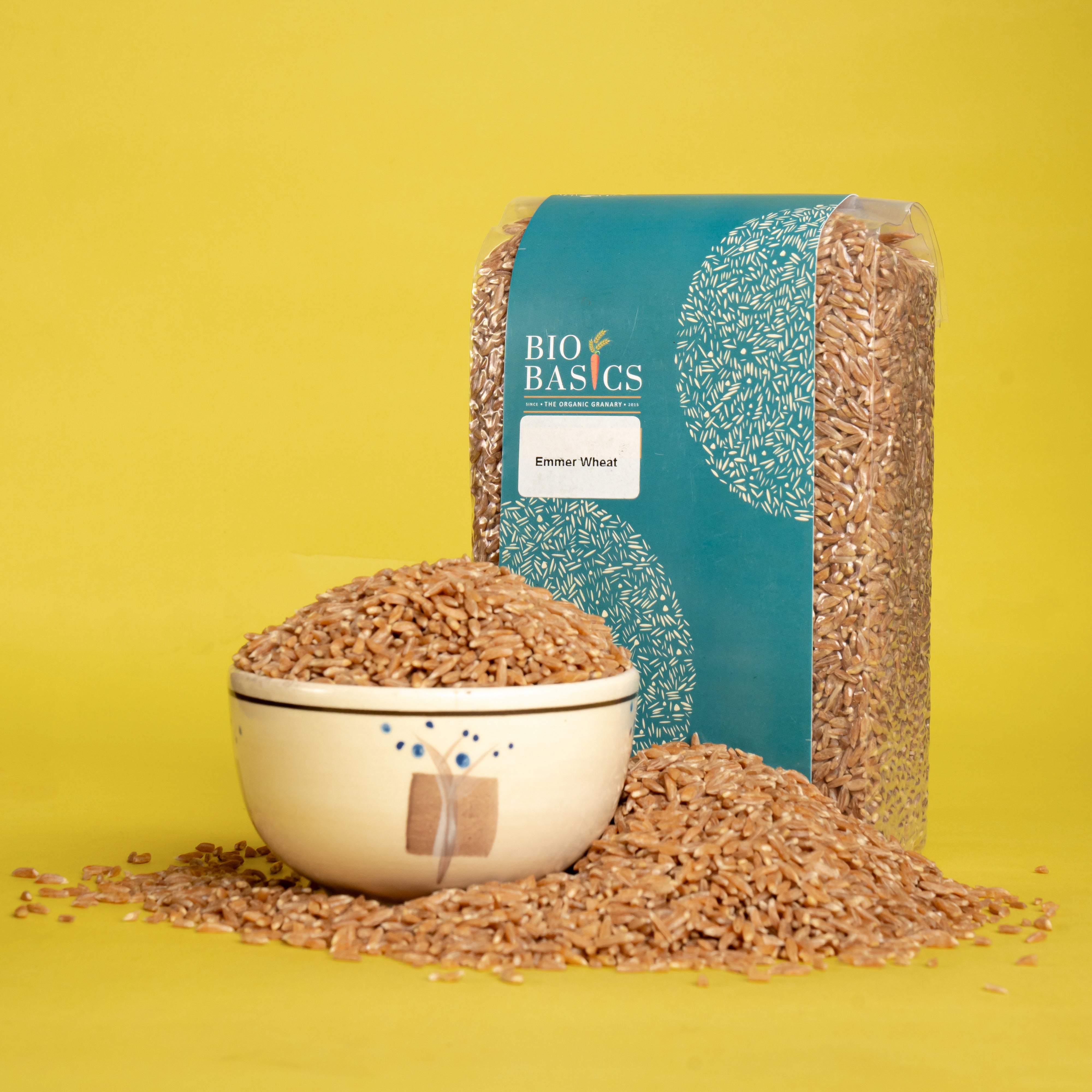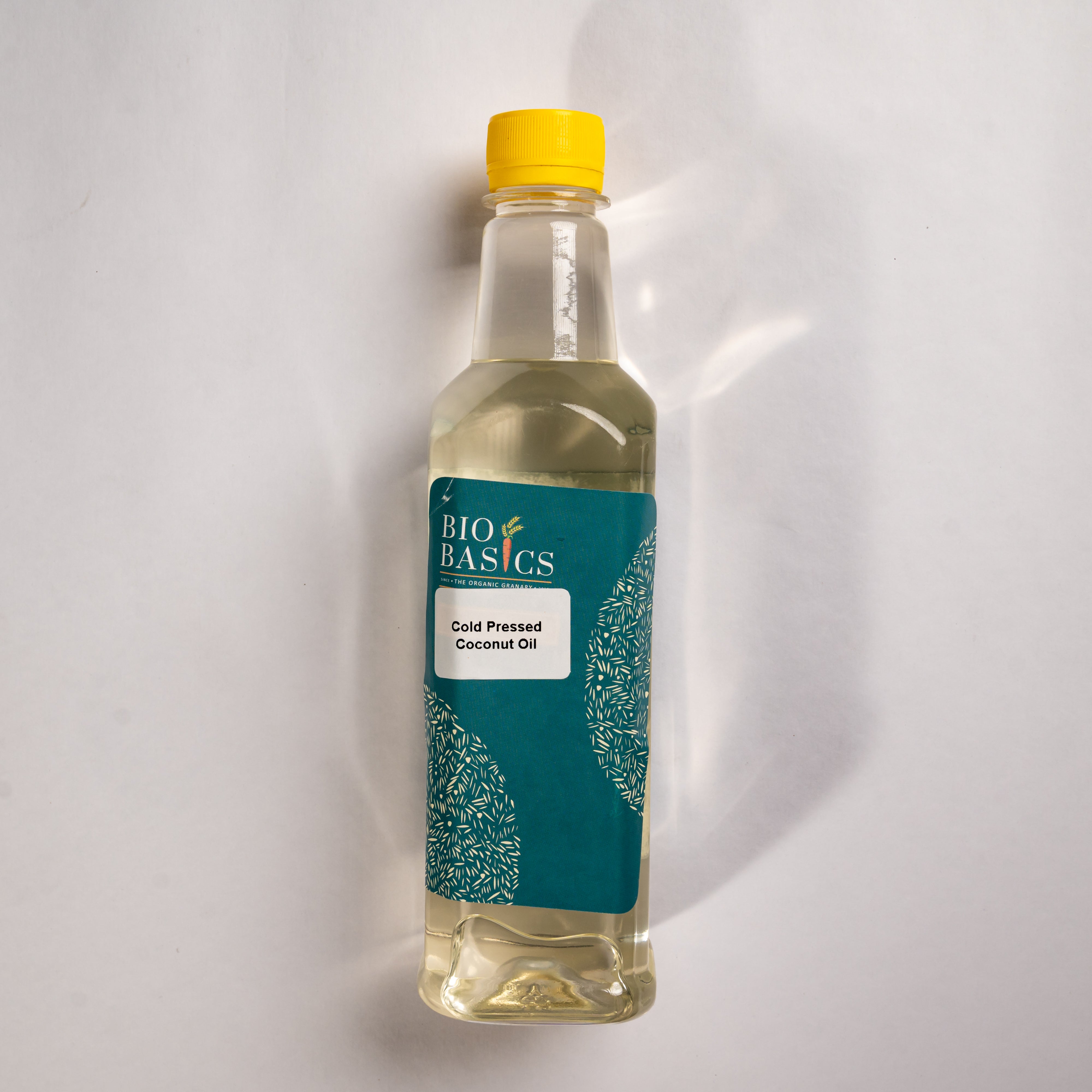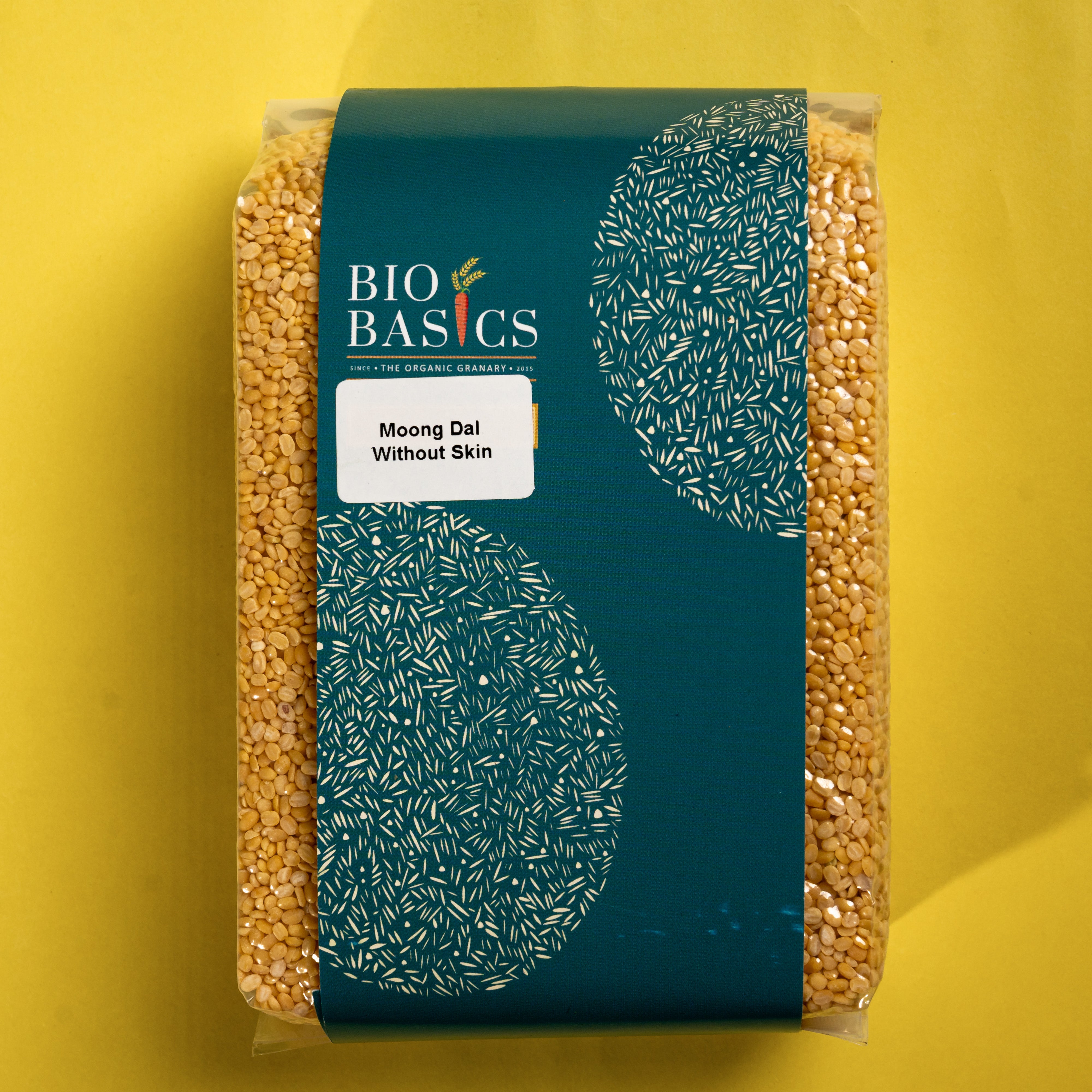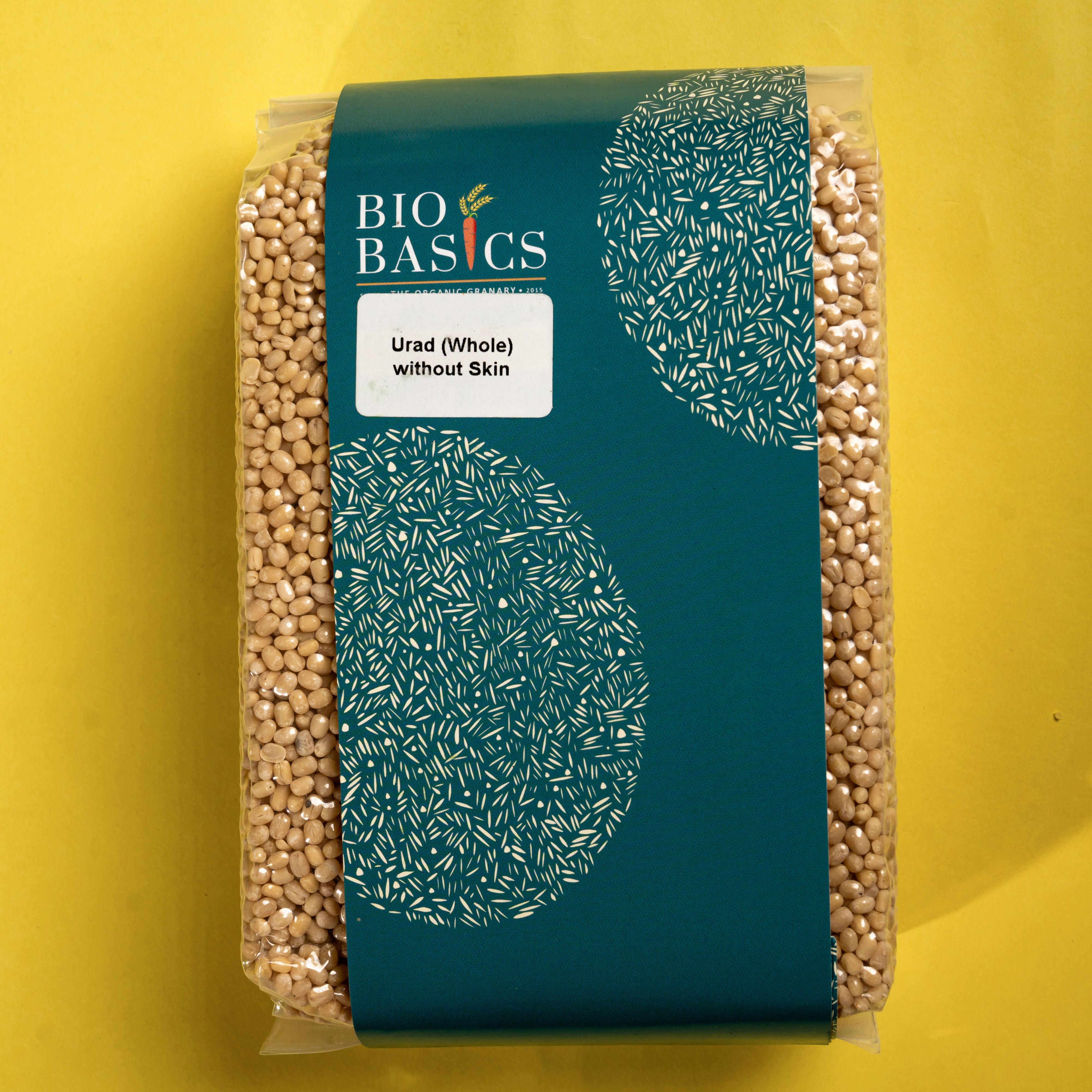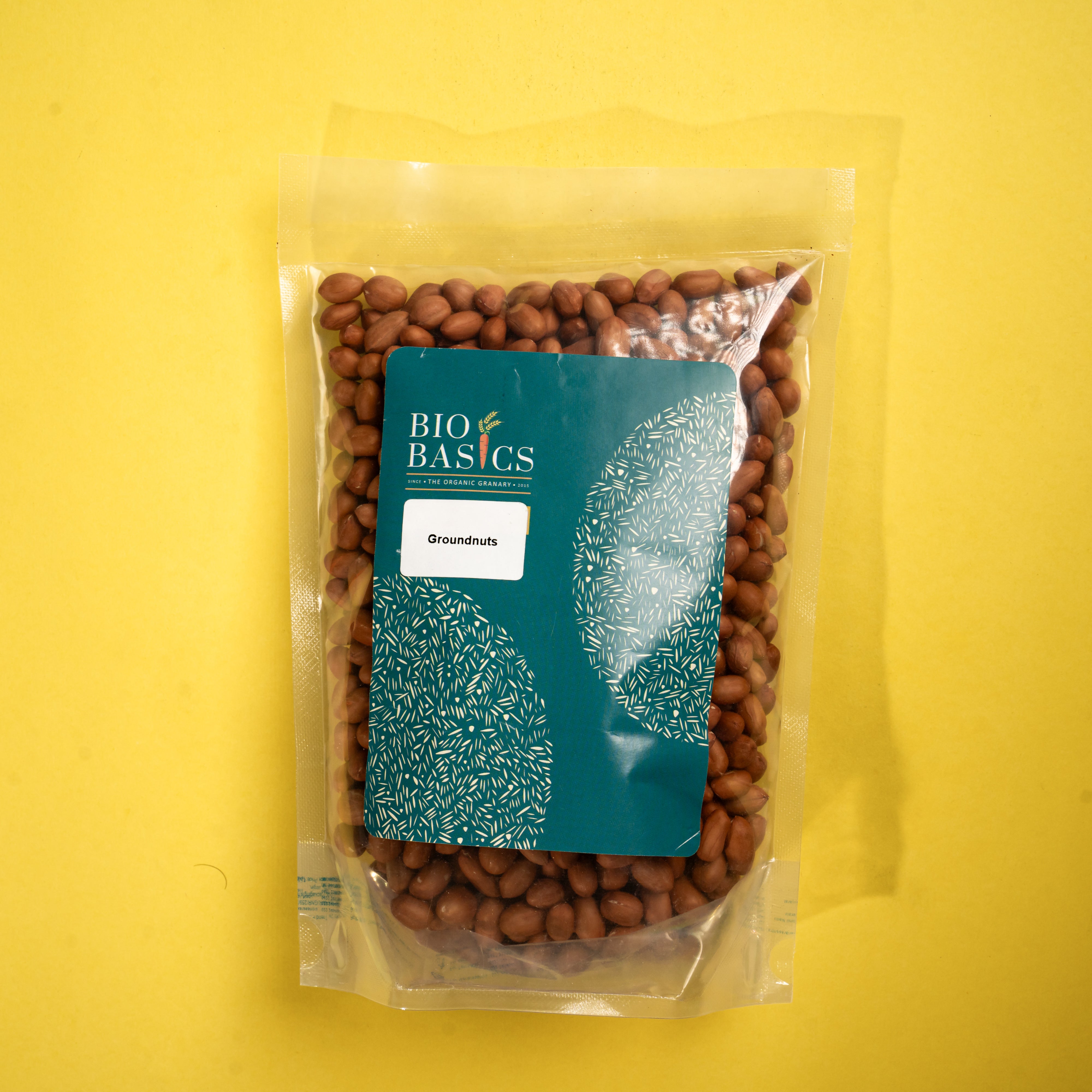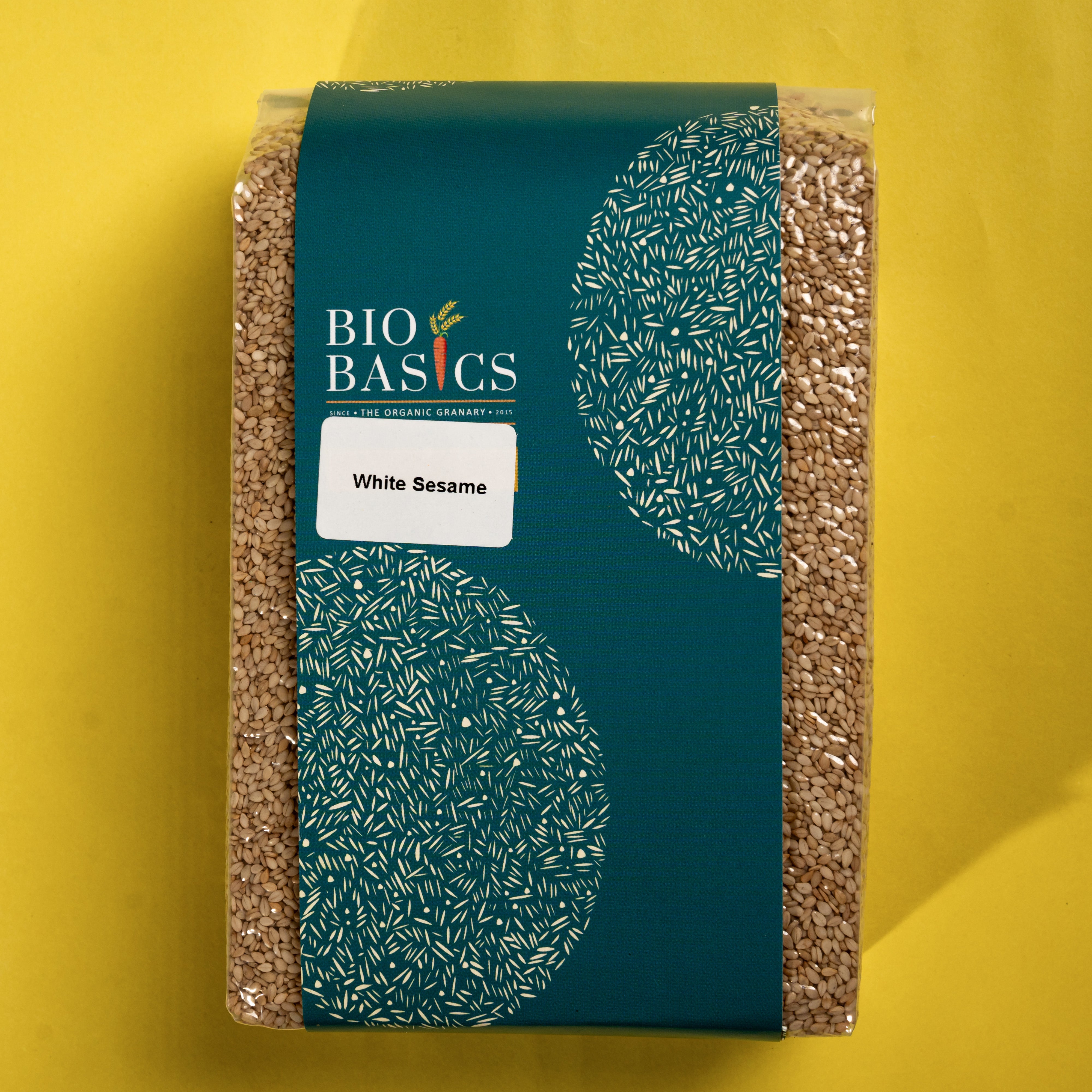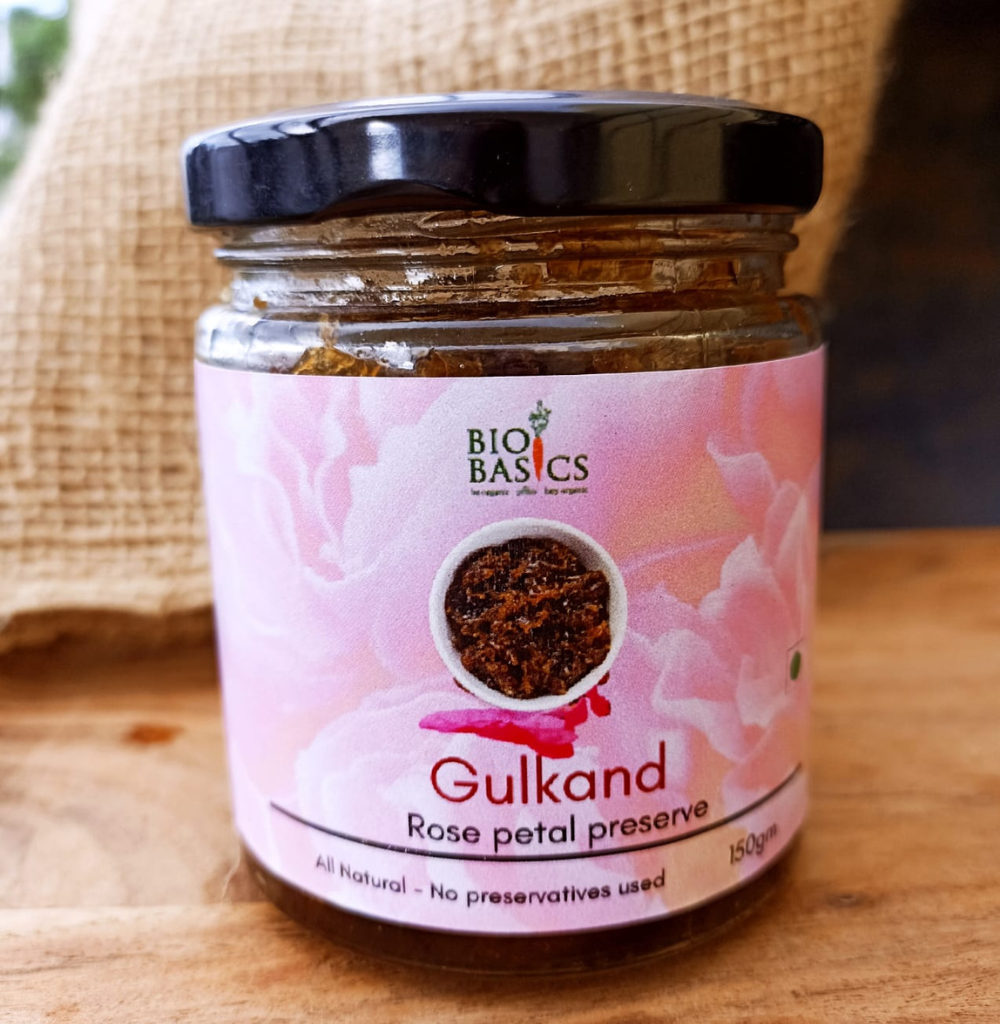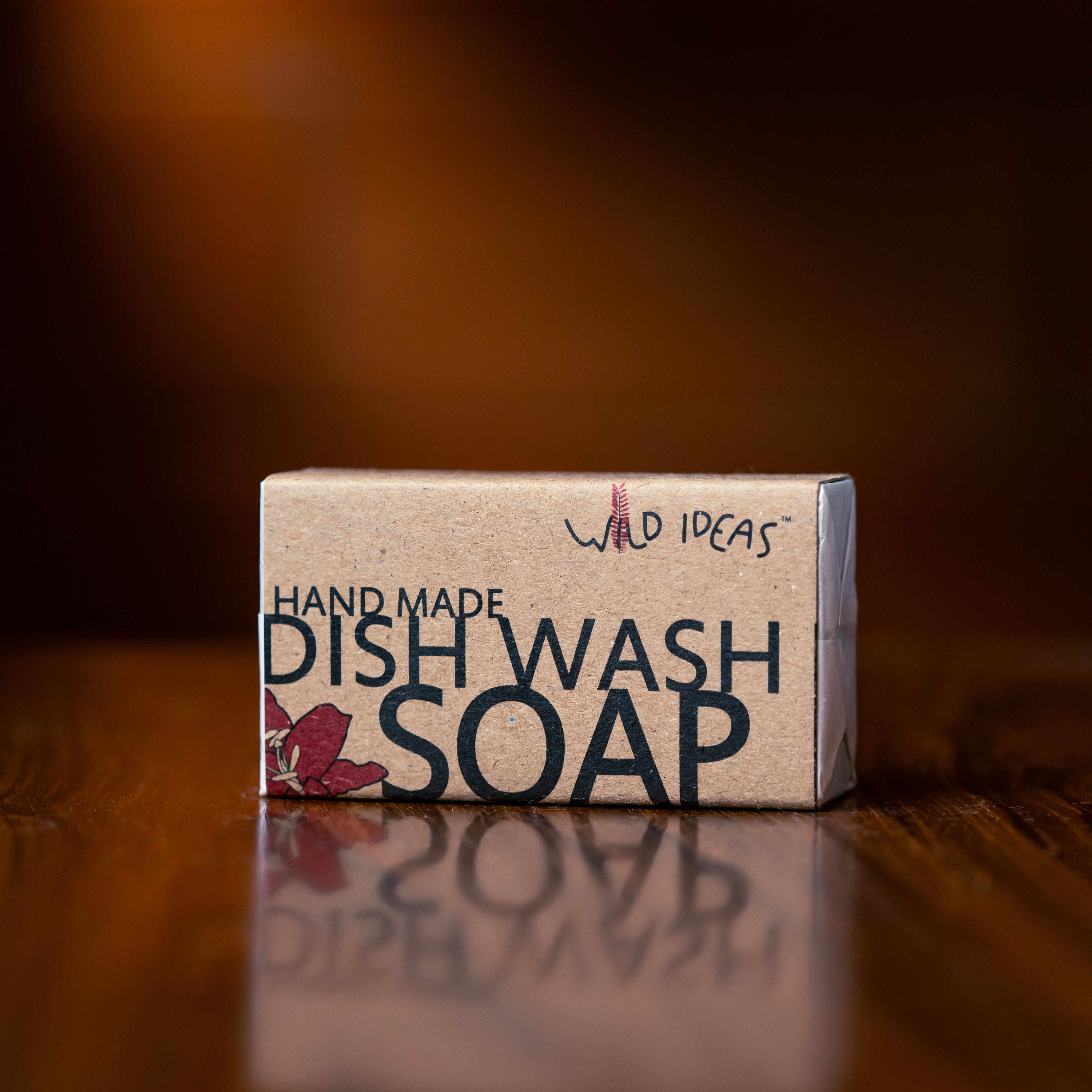We all know organic food is costlier than “conventional” (a.k.a. chemical-laden) food, AND that there is no simple way to differentiate it from each other.
How I wish chemicals would turn the colour of our food to purple! It would have been so easy to know if it is genuinely organic.
Many of us want to buy organic food devoid of chemicals, so our families can be healthier. But what we all struggle with is: HOW DO I KNOW if this is organic and chemical-free?
Here are three distinct steps that we advise families to follow to know if the food they pay a premium for is genuinely organic or not.
Step #1: Do your own due diligence or research
We do due diligence when we buy anything. Smartphone, laptop, a bike or a car or a house/apartment. We find out more about the product, its specifications, check the reviews, look at the warranty conditions, its after-sales service capability, etc. We also do due diligence when we choose a school or tutor for our children, or choose a doctor or a dentist. We ask around, see what others think of the school or the doctor, for instance.
Then why don’t we do due diligence for food our families eat every single day? Lazy? Why bother, you think?
Well, you know better; our food impacts our health, particularly our children’s health, possibly like no other factor. So let us get ready to do due diligence on food. That is Step #1.
Step #2: Look for transparency
When you set out to do due diligence, remember that you are the customer and you have a right to know. So step #2 is to see if your questions are treated with respect, openness and transparency.
If you buy organic food from a supermarket, no one may be able to answer your questions intelligently. They just buy the brand and keep it on the shelves. So supermarkets for organic food are not a good idea.
So best to reach out to the brand directly either through their website or through their social media handles (Facebook, Instagram or any other platform). Send them a DM (direct message) and see what happens.
If the brand cares enough for its customers, they should respond to you at least within 24 hours. If not, you can conclude that they are probably too big to care much about you, or are not well organised to answer your questions promptly. So move on to another brand.
That was for groceries. But for fresh produce, where there is usually no branding, you may buy it directly from the retailer. In that case, ask the retailer. If he is not receptive enough to your questions, move on to another organic store.
Sometimes, some retailers (particularly online ones) will offer both “conventional” and organic fresh produce. In such cases, can you really trust them? What does it tell you about such retailers? Do they care whether the food is organic or not? They probably see organic food only as a business opportunity. There is hardly a commitment to be organic. So move on.
But what should you ask? That is where Step #3 comes in.
Step #3: Ask for traceability
Ask the brand or the retailer where each specific item comes from, which farm or farmer. They should know. If they don’t know that, then they also don’t know if it is genuinely organic or not!
It may not be fair to ask them the list of their suppliers (that could be their “trade secret”), but you can pick an item you care about the most (tomatoes?) and ask them where they get it from.
Ask how they know it is grown organically. How do they ensure it is organic?
Ask also if you can visit that farm. You don’t have to visit, of course! (We recommend you take the time to do so, it will help you understand your food better.) But at least see what they say to that.
If they are not encouraging of your questions, or move on to deal with another customer, you get the message, don’t you? Not every staff in the store will know the answers, so ask to talk to the owner, or the manager of the store, and see how they respond.
Do these 3 steps seem simple to you? Then share it with your friends. Not sure if it will work out? Well, start with us at Bio Basics and see how we do.
Browse All Categories
-
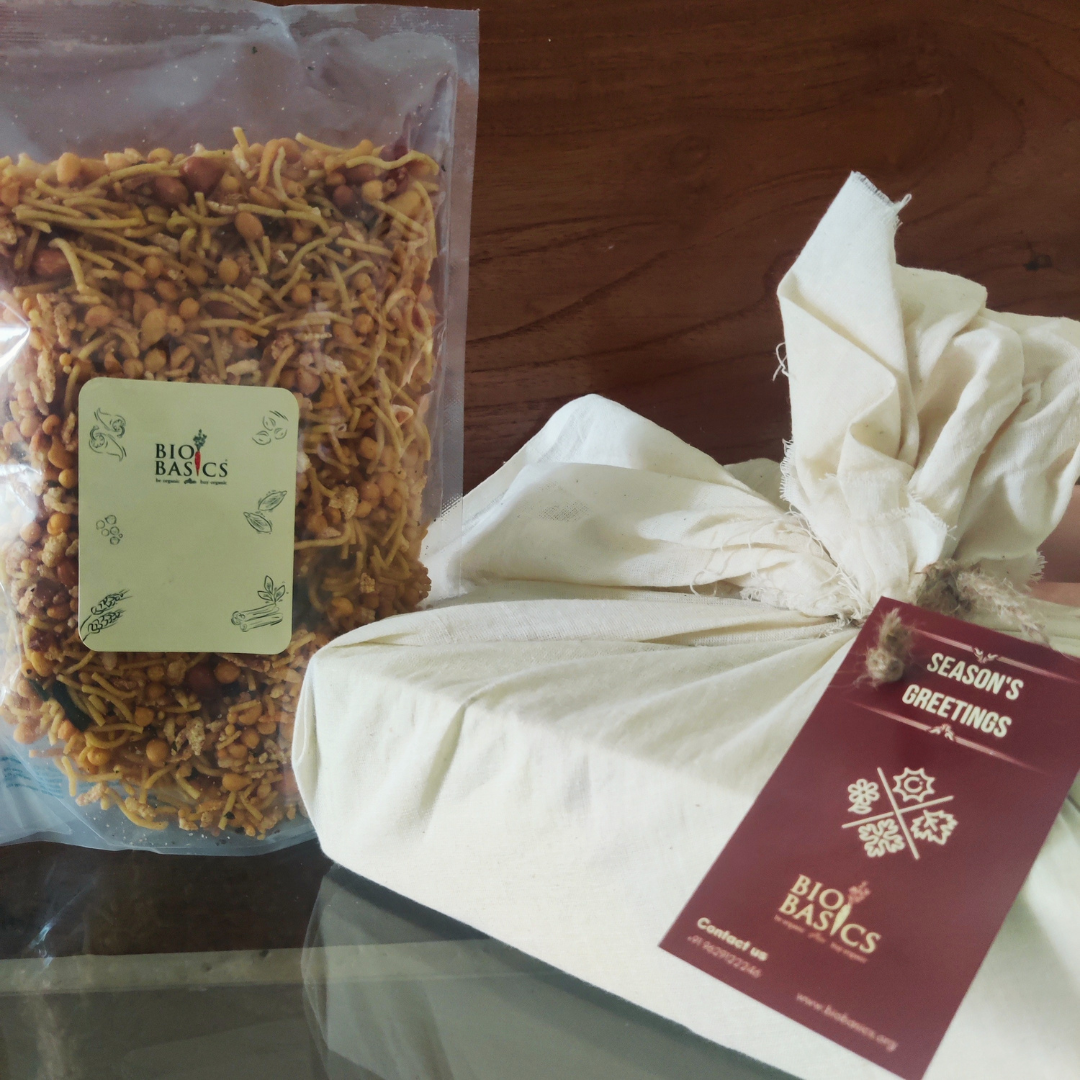 New Arrivals
New Arrivals
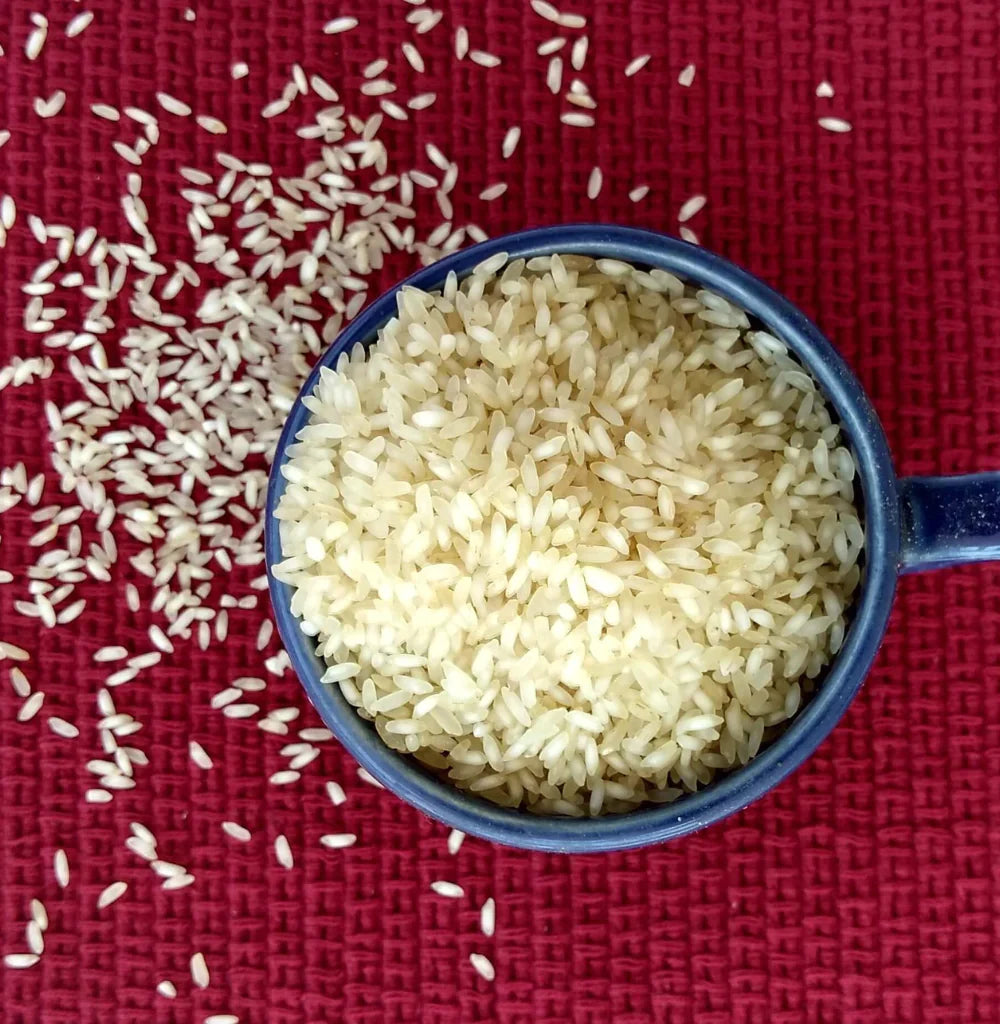 Rice
Rice
 Wheat
Wheat
 Millets
Millets
 Oil
Oil
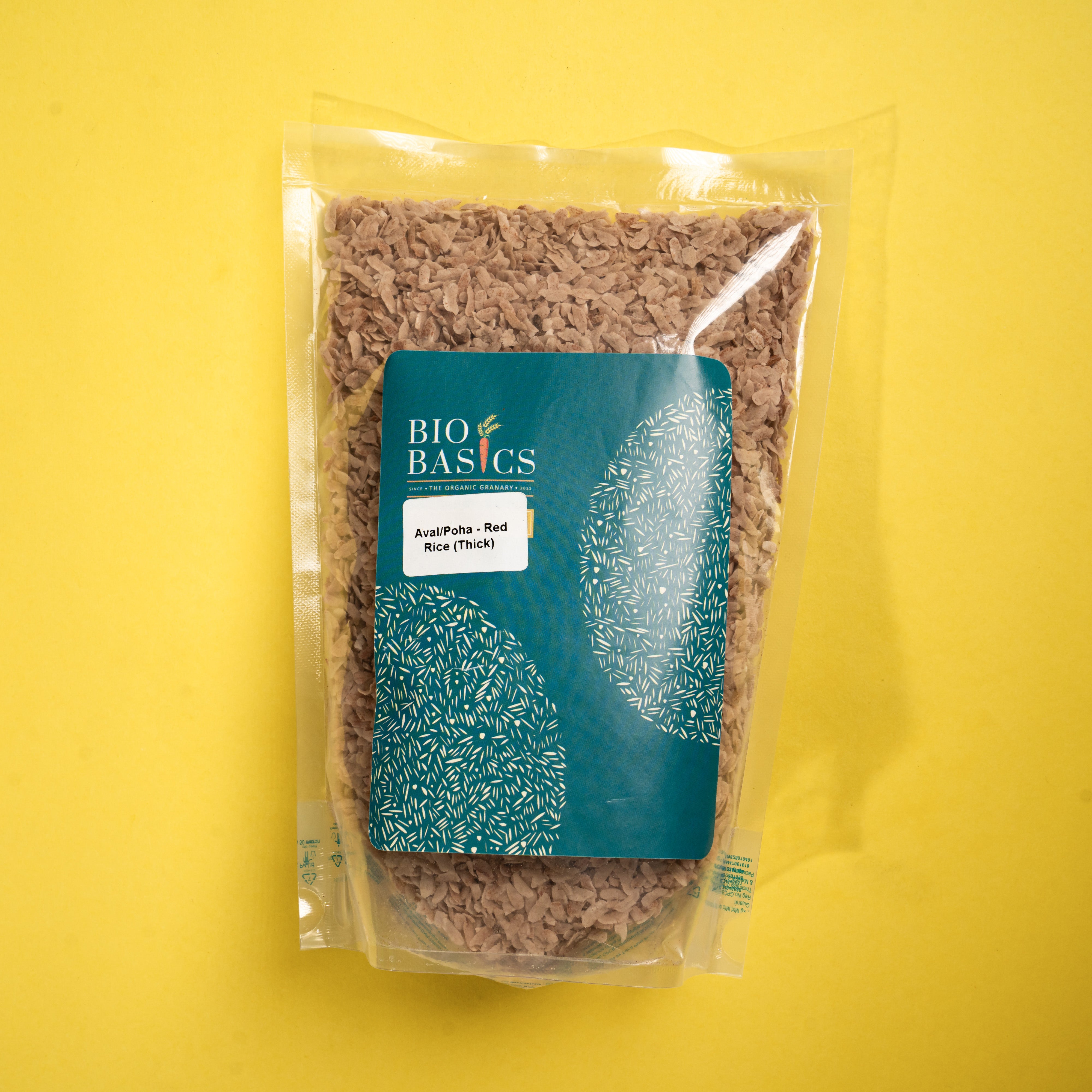 Aval/Poha, Rava, Sevai
Aval/Poha, Rava, Sevai
 Flour
Flour
 Pulses
Pulses
 Dry Fruit, Nuts, Seeds
Dry Fruit, Nuts, Seeds
 Ready to Eat & Fry
Ready to Eat & Fry
 Salt, Sweet, Sour, Spices
Salt, Sweet, Sour, Spices
 Home and Personal Care
Home and Personal Care
- Shop
+91-99524 68040
Support Center
Need help ?Address: Anantha Naturals Pvt. Ltd.
No.1, Maruthamalai Main Road,
Adj. to Canara Bank,
Opp. to Kadar Agam, Vadavalli,
Coimbatore, Tamil Nadu 641046 Email: e.orders@biobasics.org Phone: +91-99524 68040
No.1, Maruthamalai Main Road,
Adj. to Canara Bank,
Opp. to Kadar Agam, Vadavalli,
Coimbatore, Tamil Nadu 641046 Email: e.orders@biobasics.org Phone: +91-99524 68040
